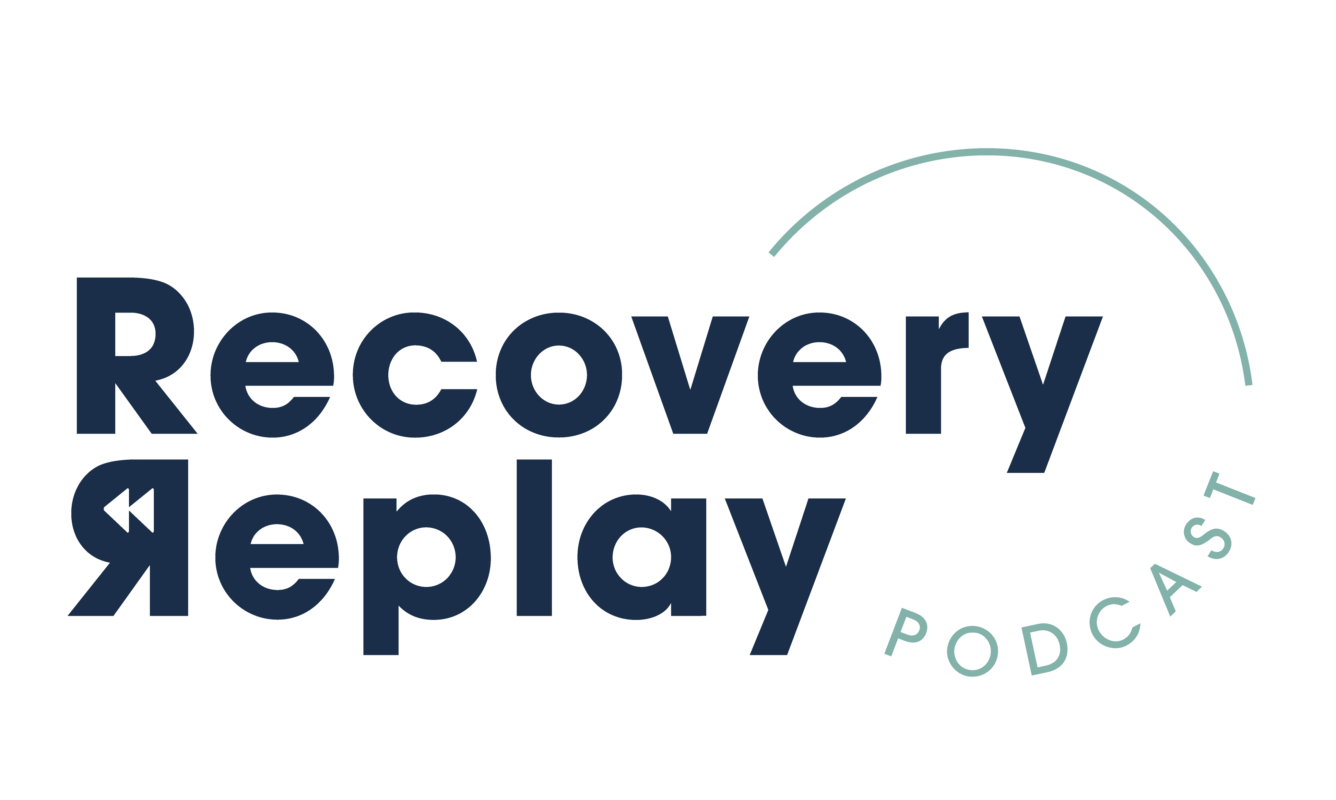S1 E10
Natalie Naman: Overcoming Bullying (Part 1)
Released July 12, 2022
In this episode of Recovery Replay, we listen to the story of Natalie Naman, a promising young girl whose life spiraled into drug addiction after enduring bullying and battling untreated mental health issues. Natalie’s journey, which includes clinical insights from Dr. Whitney Howzell, Executive Director of the Claudia Black Young Adult Center, highlights the link between childhood trauma, depression, anxiety, and substance abuse in adolescents.
Growing up, Natalie was a bright, energetic child who excelled in school and extracurricular activities like dance and gymnastics. However, beneath the surface, she grappled with severe bullying that began in middle school and intensified over time, eroding her self-esteem and emotional well-being. Desperate to escape her pain, Natalie turned to self-harm and began experimenting with drugs, starting with alcohol and prescription pills before escalating to heroin.
As Natalie’s addiction took hold, she found herself caught in a vicious cycle of depression, anxiety, and substance abuse. She rationalized her drug use as a way to cope with her unbearable emotional distress, not realizing the devastating toll it would take on her life. Meanwhile, her mother Christine remained largely unaware of the extent of Natalie’s struggles, attempting to protect her daughter without fully comprehending the depth of her pain.
Dr. Whitney Howzell, a renowned expert in behavioral health, provides valuable insights into Natalie’s story. She emphasizes the complex interplay between mental health disorders and addiction, noting that Natalie’s experiences with bullying, lack of social connection, and access to drugs created a perfect storm for substance abuse. Dr. Howzell stresses the importance of early intervention, open communication between parents and children, and comprehensive treatment that addresses both the addiction and underlying psychological issues.
Natalie’s descent into addiction reached a crisis point when she was arrested for possession of heroin at school, a shocking wake-up call for her family. This rock bottom moment finally brought the severity of her situation to light and spurred them to seek professional help.
Through sharing her story, Natalie hopes to raise awareness about the devastating impact of bullying and untreated mental health issues on young people. Her cautionary tale, bolstered by the expertise of Dr. Howzell, serves as a powerful reminder of the importance of addressing behavioral health concerns early and breaking the stigma surrounding addiction and mental illness.






